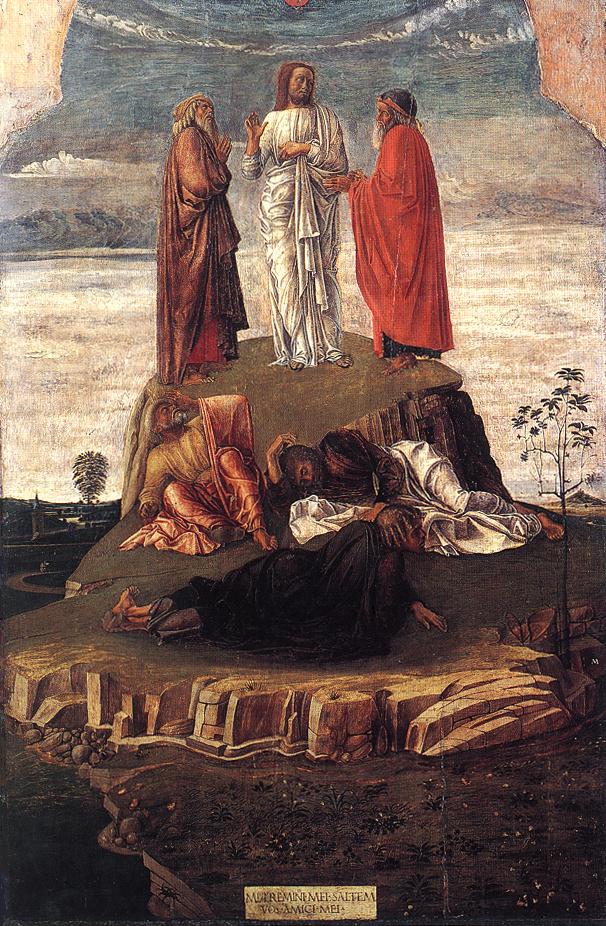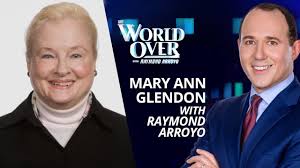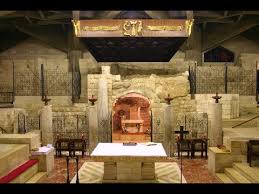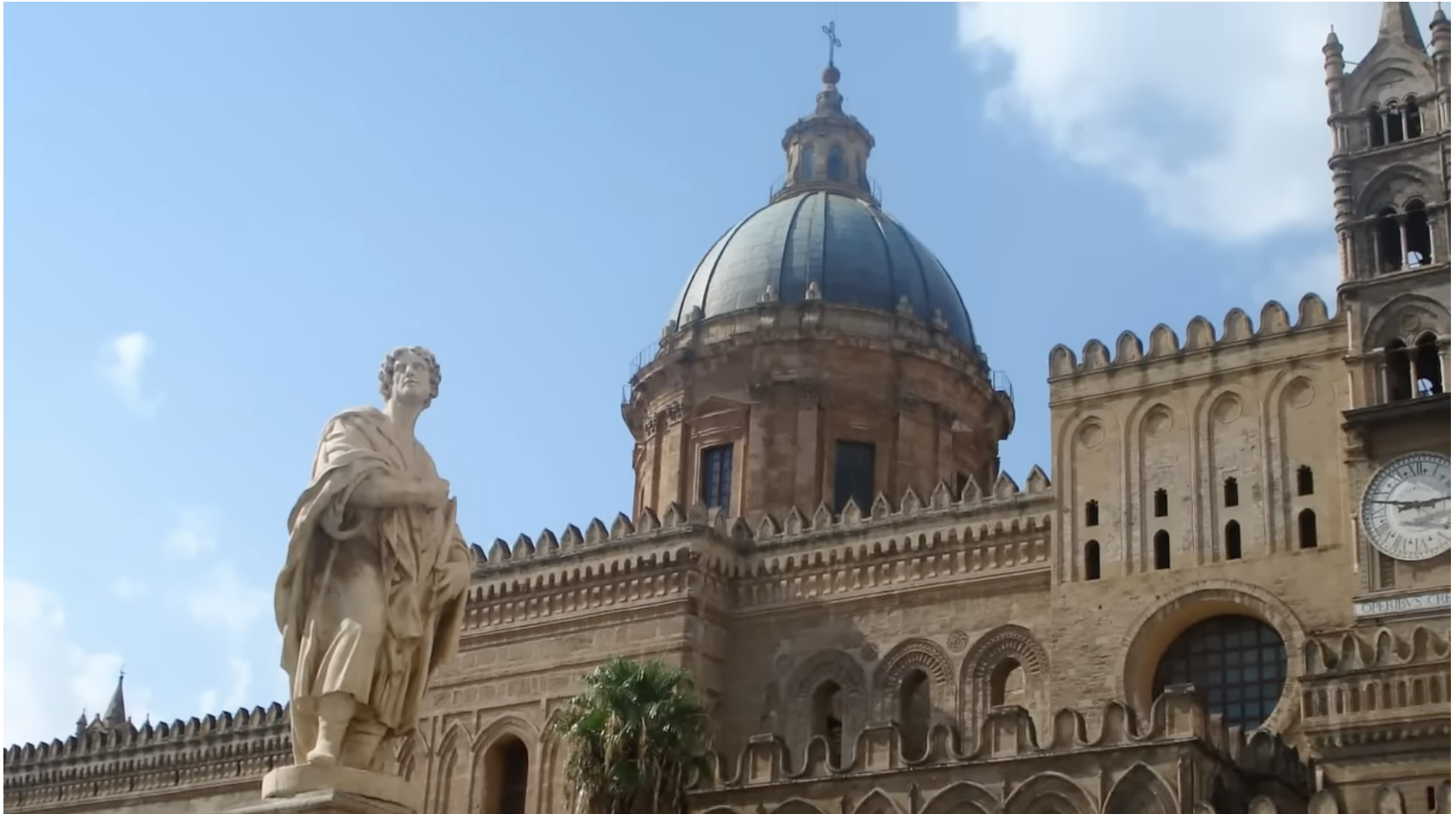The Scriptures are inexhaustible because they are about real people and events and not simply scripted stories. So they can be examined from many different angles. Then too, everything in the Old Testament refers to Christ. As the Divine Word He spoke in the Old Testament and now He is incarnate in the New Testament. In Luke’s Gospel, we have it from Luke himself, that when Jesus was speaking to the disciples at Emmaus, “beginning with Moses and all the Prophets, he explained to them what was said in all the Scriptures concerning himself.” (Luke 24:26)
Over the month of August, you will have noticed that the Sunday liturgies used the sixth chapter of John’s Gospel. There Jesus spoke of himself as the Bread of Life but there was a lot more. Interestingly, each Sunday, the Old Testament readings told of some Christ-like figures in the Old Testament.
It is as if God, who – to put it mildly – knows how to work with people, raised up individuals in Israelite history, in this case Moses and Elijah, Wisdom and Joshua to begin to teach the Israelites what the future(to them) Incarnate One was going to look like.
Putting God into human form– the Incarnation– means introducing a plenitude of meaning into a form that we can deal with. The Transfiguration showed us just how amazing God’s miraculous work is. Interestingly, it was Moses and Elijah who appeared and spoke to Jesus in the Transfiguration.

Now, on the first Sunday, we had Moses dialoguing with God over the Israelites complaints about food. (18thSunday) They needed food for the journey in the desert. Things start to open up at this point, with great relevance for ourselves too since we are on a journey too.
God’s people had left the pagan culture of Egypt. The “food for the journey” helped them to move away from paganism and rely on God’s Providence. We too need the Bread of Life. The Israelite’s experience tells us that it is as vital as bodily food.
Then, on the 19thSunday there was the experience of the Prophet Elijah, a major prophet of the Old Testament. He had already stood up to the Canaanite prophets who were supported by Queen Jezebel who was out to kill him.
Elijah was at the end of his rope and yet an angel feeds him (the “Bread of Angels”) and tells him to continue his journey. Miraculously he then journeyed for forty days to Mount Horeb, the mountain on which Moses received the Ten Commandments. Thus he reaffirmed the Jewish religion, the worship of the Jewish God.
For Jesus and us too, this is the true religion because it is real. The Canaanite religion, on the other hand, was not based on anything real. So, Jesus is affirmed as the Prophet par excellence and he is the Bread of Life, the food for the journey.
On the 20thSunday, we heard about Wisdom– another Old Testament figure of Jesus –and interestingly: “To the one who lacks understanding, [Wisdom] says, Come, eat of my food, and drink of the wine I have mixed!” More beautifully still, wisdom concludes: “Forsake foolishness that you may live; advance in the way of understanding.” In the Second Reading, Saint Paul said to the Ephesians: “Watch carefully how you live, not as foolish persons but as wise.” Christianity is not a religion of pure routine but a religion based on Wisdom and this Wisdom is present in the Bread of Life.
On the 22ndSunday, we read from the Book of Joshua whose name is the same as the name Jesus in Hebrew. This was no accident. Jesus is the new Joshua– the one who leads the new People of God into the new Promised Land of Heaven.
Jesus asks his disciples to confirm their faith by accepting that he is the Bread of Life. Many of his disciples went away. John explains: “This saying was hard.” And very disturbingly, he continues, “many of his disciples returned to their former way of life and no longer accompanied him.”
So, the liturgy of August strengthened our faith in the Real Presence. And then, this Gospel brings us to realize, that just as the Old Testament people were challenged in their faith by Joshua so many centuries before, so we will be challenged at each turn in the unfolding of God’s plan.
Perhaps daily, perhaps hourly, we will really be confronted to make a decision that is in line with the principles of our faith or to act in a way that contradicts our faith. For example, each time that I receive the Eucharist, do I affirm that this is the body, blood, soul, and divinity of Jesus?
The conscious decision, for God and his principles, each time that we make a choice, not least in choosing worthily to receive Communion – deepens our faith on our own journey, as we may hope, to the Promised Land.
*Image: The Transfiguration by Giovanni Bellini, c. 1480 [Museo Correr, St. Mark’s Square, Venice]. The Testaments joined: Elijah and Moses flank Jesus as Peter, James, and John are prostrate.














